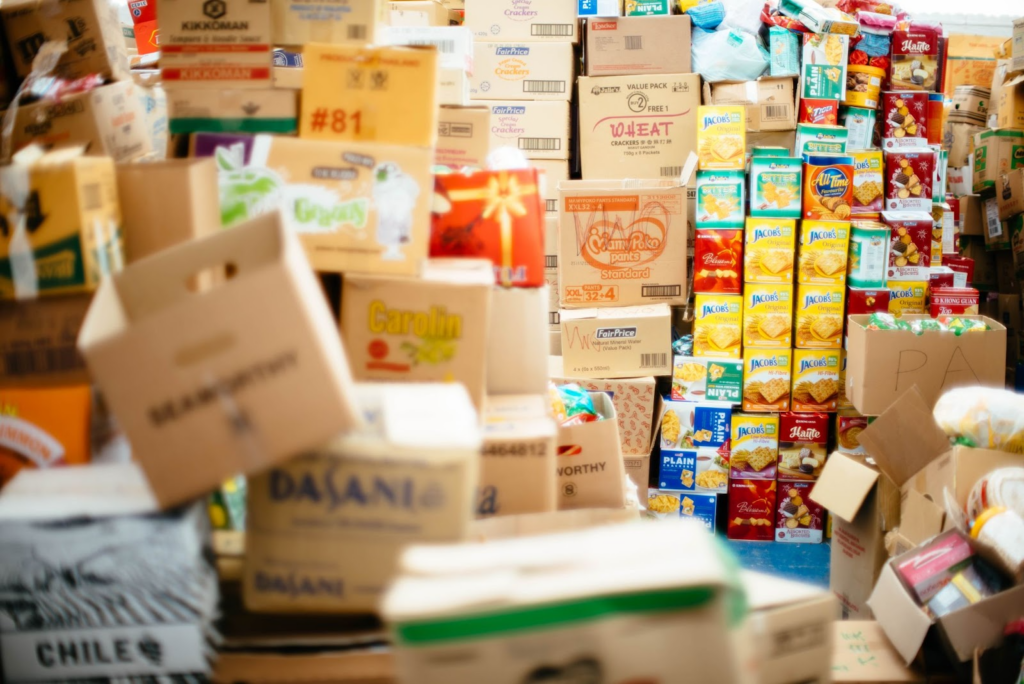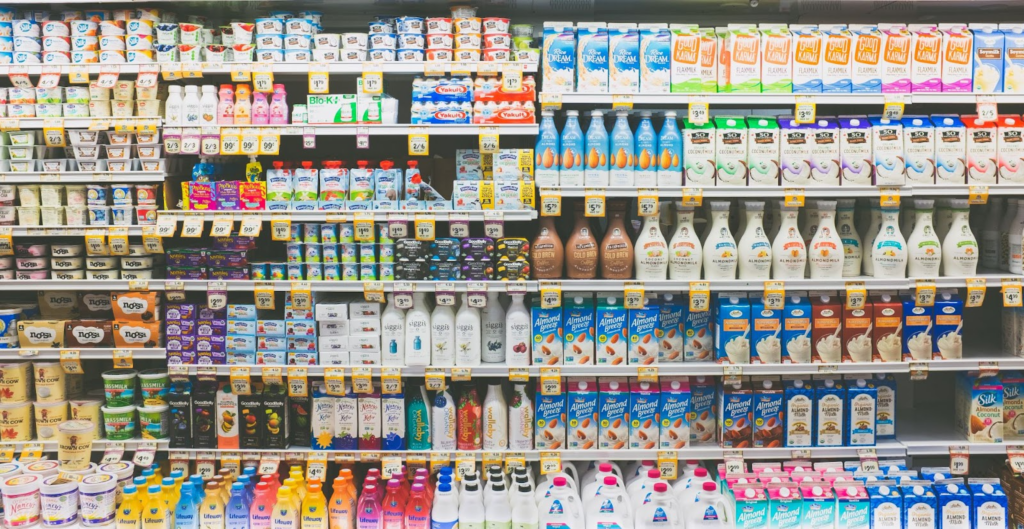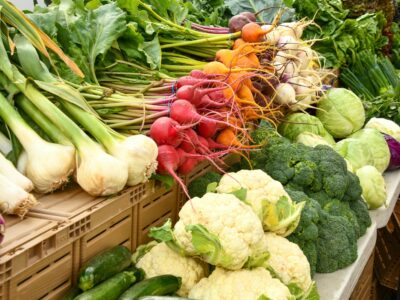The Food Donation Improvement Act (FDIA) is a new law that eases confusion about donations to food banks, homeless shelters, and other outreach organizations, implemental new clarifying guidelines and tweaks to previous regulations. For example, grocery stores will now be able to send more produce and perishable items than in previous years.
Forty percent of food in the U.S. is wasted and around a quarter of landfill waste is uneaten meals. Expired dates, aesthetics, and concerns about safety are some of the many reasons for the high levels of food waste. When food reaches landfills, it eventually turns into harmful methane, one of the worst greenhouse gasses.
In 1996, the Bill Emerson Good Samaritan Food Donation Act was passed as one of the first bills to address food waste. It states businesses could donate groceries to combat waste and food insecurity. This legislation applied to grocers, farmers, caterers, and others in food services.
However, the original law is confusing, and lacked clarification about which businesses were permitted to donate and the types of foods that meet the criteria. Many items were thrown away because people thought expiration dates were cold-hard facts. That’s a myth, as it is now known the “best by” date is not set in stone. It’s more of an indicator of peak quality.

According to the Congressional summary, the FDIA “expands liability protections for the donation of food and grocery products.”
However, it does a lot more than just protect businesses from lawsuits. It also gives grocers more power over what can and can’t be donated. The Emerson Act only applied to free donations. The new bill allows people to pick up donated items at discount grocery stores, restaurants, and even schools. Any item sold at “a good Samaritan reduced price” is eligible.
The FDIA also requires the U.S. Department of Agriculture (USDA) to clarify food contribution guidelines. The USDA says, “food that meets all quality and labeling standards imposed by federal, state, and local laws and regulations even though the food may not be readily marketable due to appearance, age, freshness, grade, size, surplus, or other conditions.” Even if items aren’t at peak freshness, they are still edible, allowing someone to use the foods.
The new guidelines will improve the process of donations as well. Stores can readily ship food if it complies with safety standards. Increased distribution, reduced costs, and more perishable gift items will contribute to fewer emissions in landfills and more full stomachs.

At the state level, there has been similar action taken. Vermont passed the Universal Recycling Law, which combats food waste through donations, animal feed, and composting. With residents unable to throw out most of their uneaten items, contributions rose by 40% from 2015 to 2016 in the state. By 2020, all Vermont residents had to keep food scraps from landfill trash streams.
“The Universal Recycling Law has created partnerships between food retailers and hunger relief organizations that did not exist before,” said Jake Claro, director of the Farm to Plate Network. More states are enacting similar law legislation.
The FDIA will eliminate anxieties about safe food donations. With more knowledge about expiration dates versus quality, this new legislation ensures more people can access meals nationwide. This accomplishment is all while helping the environment, effectively tackling two issues at once.





